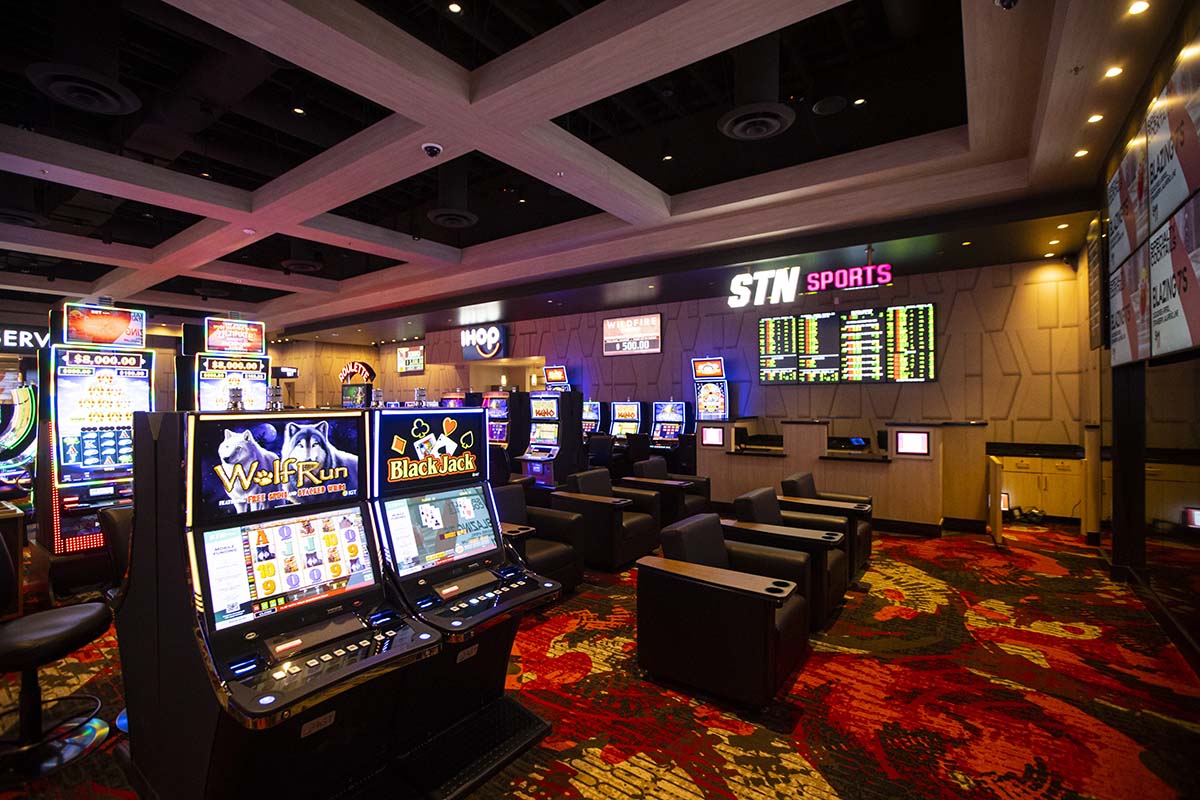The Explanation Players Become Pulled to Games of Chance

Gambling games have long enthralled players from all parts of society, enticing them into vibrant casinos filled with the sounds of spinning wheels, clattering chips, and cheering crowds. The thrill of chance and the allure of potential winnings create an exhilarating atmosphere that keeps players returning for more. Whether it is the excitement of a slot machine, the strategic play of poker, or the anticipation of a roulette wheel, casino games offer a unique combination of entertainment and risk that can be hard to resist.
At the heart of this fascination lies a mental pull that varies from person to person. For some, the rush of hitting a jackpot can elevate their mood, while for many, it's a social experience that brings friends together. The colorful visuals, engaging sounds, and sometimes lavish environments of casinos greatly improve the appeal, making each visit an experience waiting to unfold. As we explore why gamblers are drawn to these games, we uncover the deeper motivations and emotions that fuel their love for the betting tables.
The Psychology of Gambling
The appeal of casino games commonly arises from the complex psychology of gambling as a whole. Many people find appealing the thrill of risking money for the opportunity of winning more, as it speaks to a deep-seated human desire for excitement and reward. This excitement can create a significant emotional experience. The combination of risk and potential monetary gain can stimulate a dopamine surge, making players feel energized.
Furthermore, the design of casino games is crafted to hold players involved. The use of luminous lights, captivating sounds, and the communal environment of casinos can heighten the excitement. Players often find themselves submerged in these environments, where the expectation of a win draws them back repeatedly. This sensory stimulation encourages longer gaming sessions, as the rapid feedback from wins, however minor, reinforces the desire to keep playing.
Finally, cognitive biases play a crucial role in gambling behavior. Many players fall prey to the misconception of control, believing they can influence outcomes even in games of chance. This belief can lead to overoptimism and the continuation of play, despite mounting losses. Additionally, gamblers often remember their wins better than their losses, which can alter their understanding and enhance the desire to keep playing. This intricate interplay between emotions and cognitive factors helps illustrate why so many are pulled towards casino games.
The Attraction of Casino Settings
The vibe of a casino is exceptionally enthralling, drawing in gamblers with its blend of anticipation and suspense. The visuals and sounds of spinning slot machines, enthusiastic participants, and the repetitive clinking of chips create an engaging experience that is hard to pass up. The lively neon signs and animated layout foster a feeling of energy that keeps players involved and encourages them to remain more time. thương hiệu F168 This infectious environment contributes to the overall allure of gaming activities, enticing both new and experienced players alike.
In addition, casinos are crafted to engage the senses in a fashion that makes gamblers feel as though they are setting out on a thrilling adventure. The thoughtful placement of entertainment choices, comfortable areas, and complimentary snacks enhance the overall value, making visitors feel appreciated and pampered. Many gaming centers also incorporate decorative furnishings and intricate designs that transport visitors to various worlds, amplifying the thrill. Such atmospheres foster a notion of freedom, allowing players to ignore their normal existences and plunge into the exhilarating domain of gambling.
In conclusion, the existence of fellow gamblers amplifies the communal element of gaming, creating a collective excitement. Connections among gamblers, whether through light-hearted banter or mutual excitement during a big win, cultivate a sense of bonding that many find tempting. This communal engagement enhances the journey of enjoying casino activities, transforming it from a single activity into a joint experience. The combination of anticipation, engaging settings, and communal connections makes casinos an compelling destination for players looking for recreation and a chance to gain.
Understanding Game Mechanics
Gaming experiences are engineered with unique mechanics that draw in players. Each game has its specific set of rules, stake frameworks, and probability ratios, allowing players to engage with the game on diverse levels. The thrill of submitting a bet and the anticipation of the outcome creates an exciting atmosphere. Comprehending these mechanics can intensify a player's appreciation for the game and improve their overall experience.
An additional crucial aspect of game mechanics is the idea of randomness. Many casino games, especially slot machines and table games, rely on RNGs or shuffling to determine outcomes. This randomness is what keeps players coming back; the unpredictable nature of the game creates a sense of possibility and excitement. Knowing that each round or hand is independent of the last contributes to the appeal, as players perceive they have a chance at winning, regardless of past outcomes.
In conclusion, the emotional response related to game mechanics should not be neglected. The excitement of a major payout or the tension during decisive moments are integral to the enjoyment of casino games. Such emotional highs and lows utilize psychological triggers that keep players engaged for prolonged periods. Comprehending these emotional responses to game mechanics can help explain why so many are drawn to the thrill of casino games, continually seeking that next exhilarating moment.
